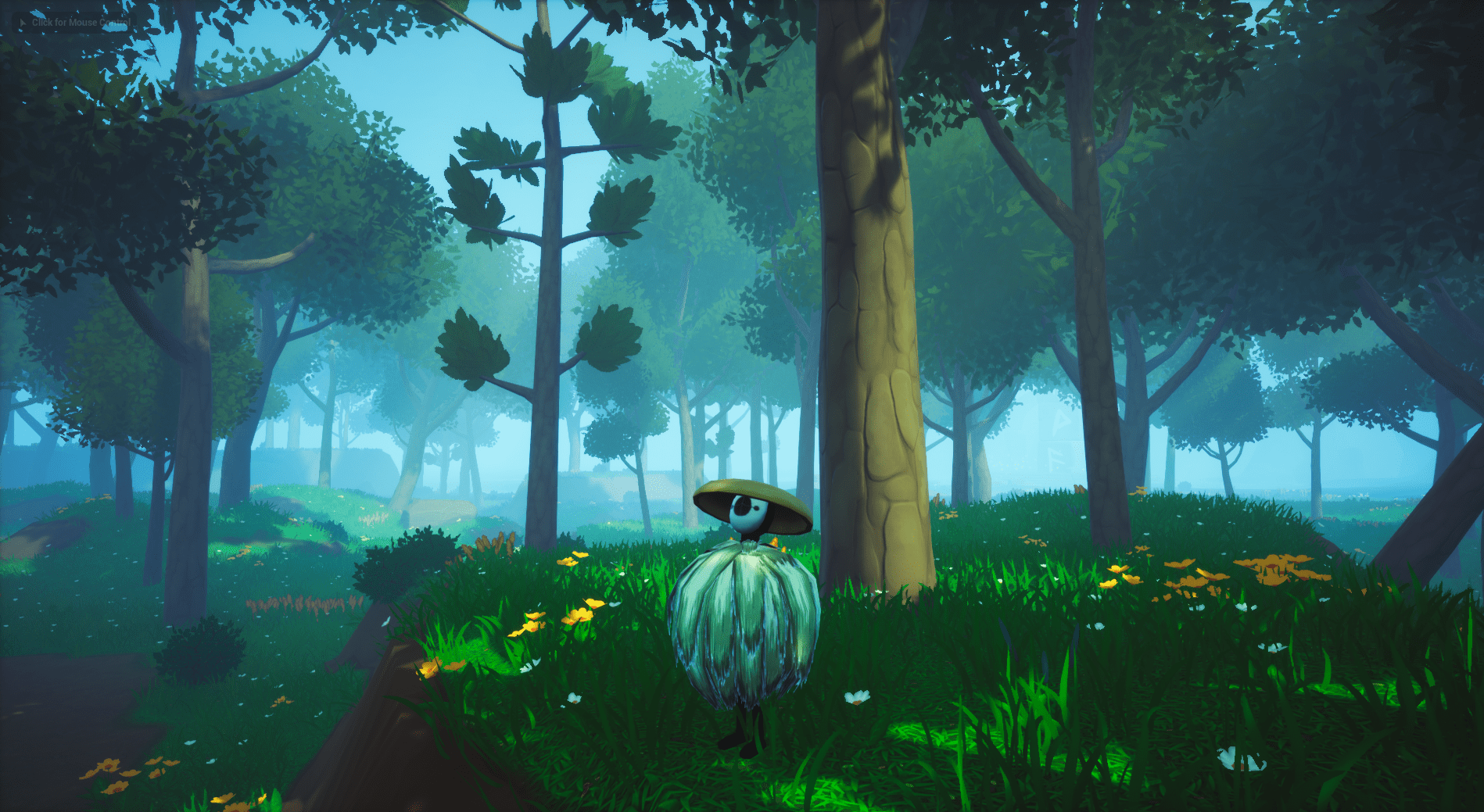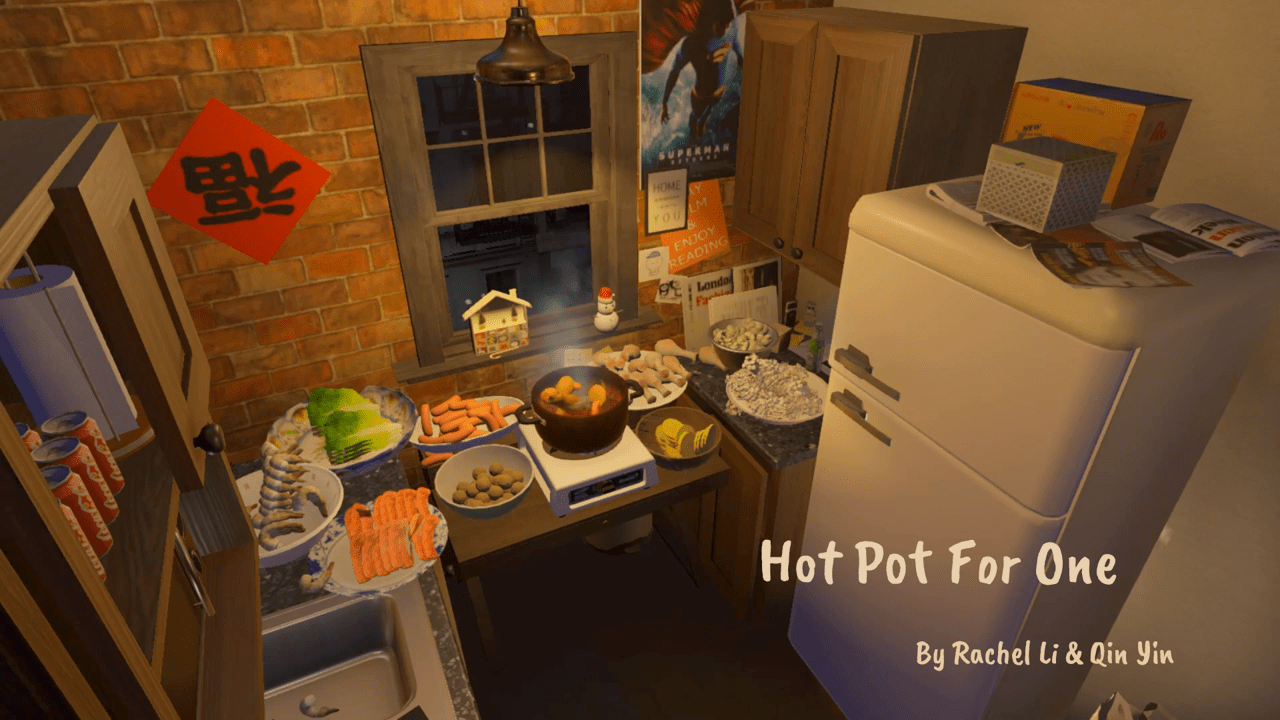The best game design programs, ranked by the Princeton Review 2021
The Princeton Review has done all the heavy lifting of researching the absolute best game design programs across North America and Europe. Whether it’s the best teachers, the most prestigious graduates, the best facilities, or the highest average salary, you’ll find a great school for you.
Tips for getting into a great game design college

Make games already
Perhaps one of the best things any potential new student can do is demonstrate a proven interest in making games. Thankfully, no one has to be a master of the craft already to do so. If you’ve dabbled with Unity or another major engine, great, but schools also love to see students using Twine, Scratch, or even RPG Maker, much more accessible engines that still offer a ton of opportunity for self-expression.
“We’re looking for games that have something to say,” says Collin Kelly, a program coordinator at USC Games. “Making a Mario clone to show you understand Unity is fine, but we like games that capture who you are.”
A variety of interests
Go figure, schools like to know that new students will be bringing in a diverse array of lived experiences that can translate to game design, learning, and teamwork. That can come from unexpected places, too. Kelly uses an example of a high school student who produced speedruns of games and streamed them out to an audience.
“We looked at that applicant and immediately said ‘that’s a natural-born producer,’” Kelly says, noting the student’s ability to organize and see such a technical and community-focused project through to the end.
Some schools are really looking for collaborative spirits who can fill specific roles or even multiple.
“We build our classes kind of like we’re designing a studio,” says Dylan McKenzie, program coordinator and Incubator director at NYU’s Game Center. “So we need programmers, artists, project managers, and designers. So we want to see what you bring to the table because you’re working with all sizes of groups and all kinds of people. The more you bring to our group of developers, the more productive you’ll be and the more people will want to work with you as a team member. The rising tide of our abilities will raise all boats of the class.”
And even if you’re looking more towards grad school, or just getting to college later than usual, life experiences are invaluable material to pull from. Previous applicants to NYU’s Game Center have used their skills in architecture, fashion, or even baking a cake (and sending it to the school) to show how their creative side works.

Learn from failure, but complete your project
“I want my students to be centered and confident. If you fail quickly, you can iterate faster. No one has ever won all the time.”
Dr. Alan Ritacco, Dean of Becker College
Almost anyone in the games industry will tell you that successful, fun games are often the result of countless attempts. Even games that seem perfectly designed at first glance may not look or feel that way until near the end of development. This principle -- of learning from failure, but also being able to ship a finished game, even a modest one -- is indicative of students that colleges love to welcome.
“Even more specifically than just making games, we love to see people making and completing games,” NYU’s McKenzie said. “The full loop of game design is challenging. If you’ve got design documents, illustrations, art, that’s great. If you’ve got a prototype, even if it’s just made of paper or the functions of the game are in code, and if you’ve published it on itch.io, then even better. You know what it’s like to build an audience and launch a game. The more that we can help you accelerate your practice and not just start, the better.”
“Getting into a great game design college requires passion, curiosity, and commitment. At Becker, we look for those traits first. That cognitive reckoning is what we’re trying to get people into. Getting a student to move from curiosity to passion and then a dedicated commitment shows us they’ve got a lifelong path in this,” says Ritacco.
Ultimately, these programs are (usually) part of an art school, and so colleges will want students who want to make the future of video games, McKenzie says. Anyone who has the heart to do something different and do it well will have greater odds at getting into their dream school and going on to create games that last in players’ minds for years to come.
Keep up to date with the most important stories and the best deals, as picked by the PC Gamer team.

